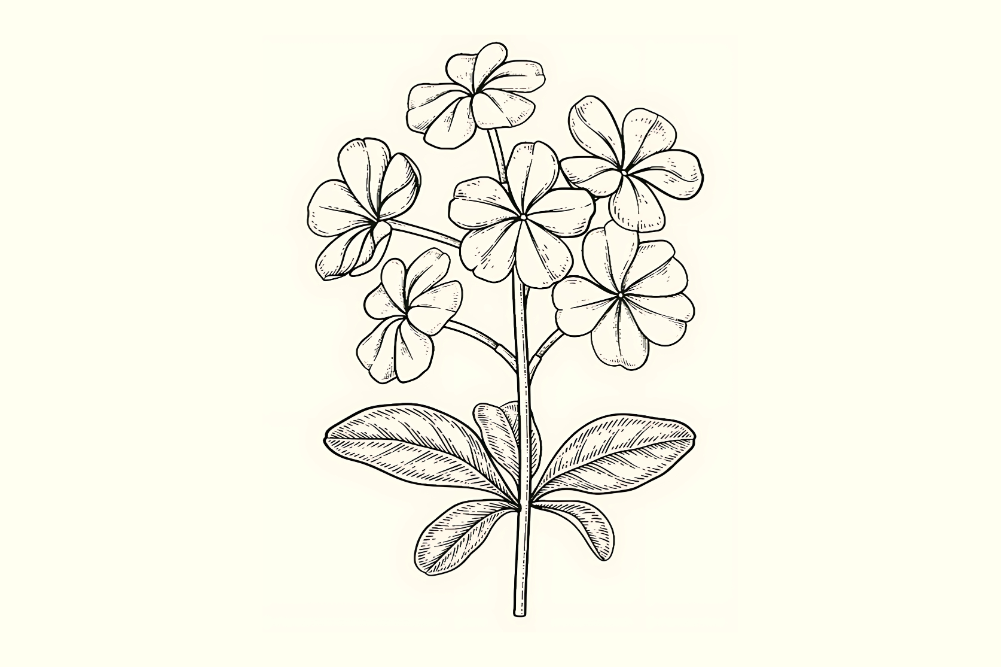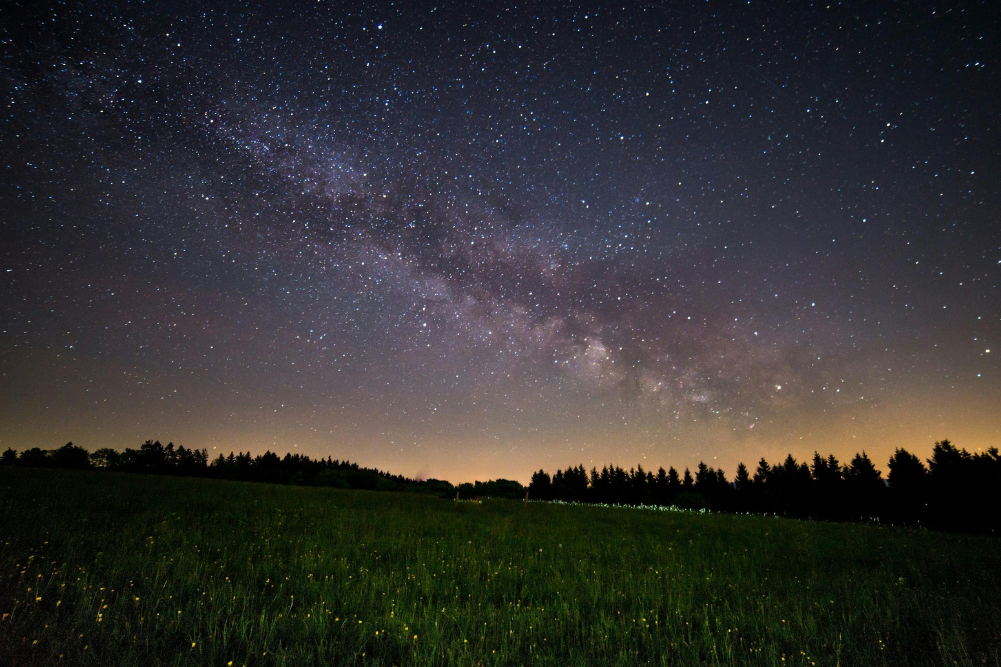Bee-haviour change
Everything is connected to everything else but surely bees are more connected to “everything†than almost any other creature. Our own connection to bees is multifaceted and essential to our present and future survival and, according to a new study, pesticides and fungicides may be threatening our essential bee friends.
Bees are a vital part of the ecosystem. Over 33 per cent of our food supply relies upon bees for pollination. The bee is a major pollinator of many of our food crops including almonds, apples, avocados, blueberries, cherries, cranberries, cucumbers, sunflowers, watermelon and more. Dollar values have been attached to the work that bees do and those estimates come out at about 9.5 per cent of the total value of world agricultural food production. Although other pollinators might step into their ecological niche, if the 7000 species of bees disappeared from Earth the ecological impacts would be immense. As the plants that rely on bees die off, species that rely on those plants would suffer, leading to the decline or death of species that rely on them, and so on. All parts of the ecosystem depend on each other and the loss of the bee would be a major problem. If bees disappeared then human wellbeing would be under intense pressure, and it turns out we are damaging native honeybee populations with our use of pesticides.
The new study involved 19 apple orchards in New York state in the US, where testing took place over two years from 2011 to 2012. The health of bee populations was determined by establishing the number of wild bees and honeybees and the number of species in each orchard. These bee population figures were then compared with pesticide use in the various orchards.
The results showed that the more pesticide that was used, the lower the numbers of bees and bee species. This was also true for the use of fungicides and the data also showed that the effect was greatest in the bee generation following pesticide exposure, suggesting that the effect was in impairing bee reproduction. These effects held true even when the pesticides used were labelled “safe for beesâ€.
The researchers did find that European honeybees in hives near the orchards were less affected because beekeepers only moved their hives into the orchards for short periods during blossoming. The growers were also careful not to spray when the honeybees were in the area. So it seems that native bees are very vulnerable to the effects of pesticides and fungicides and we should be thinking of smarter ways to manage our food than dousing them in chemicals.
The title credits narrator in The Bee Movie says, “According to all known laws of aviation, there is no way a bee should be able to fly. Its wings are too small to get its fat little body off the ground. The bee, of course, flies anyway, because bees don’t care what humans think is impossible.†Bees may not care what we think but they care what we do, and we care that they exist … for all our sakes. We are, after all, human bee-ings.







